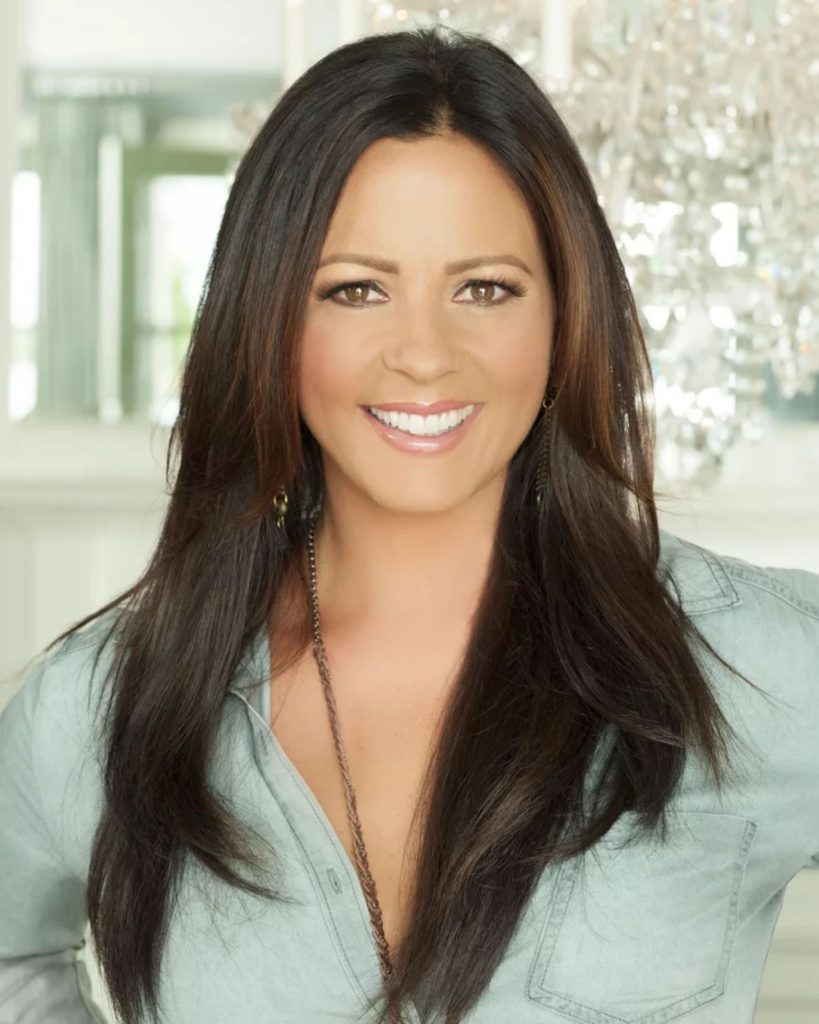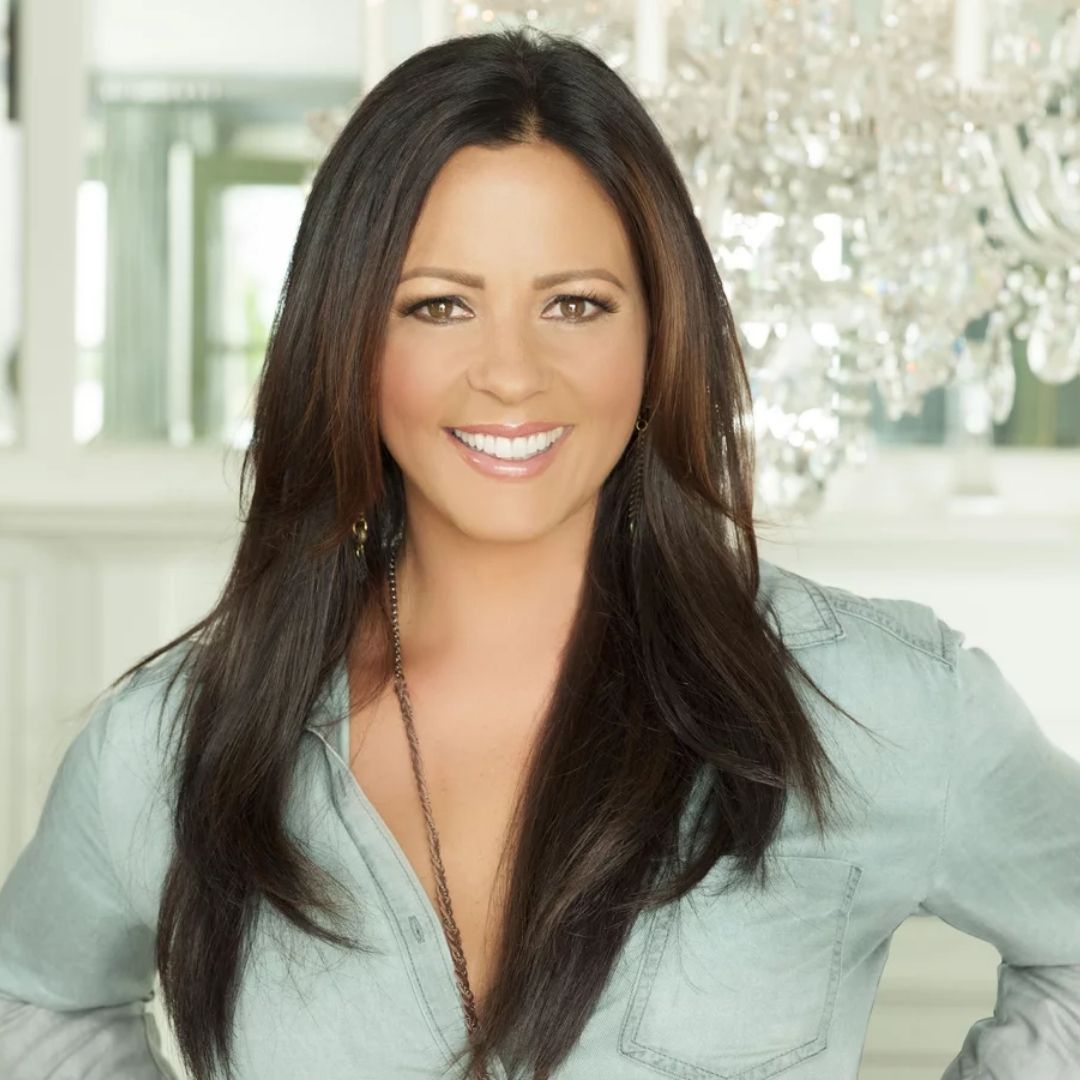
Introduction
I still remember the summer of 1998, driving down a sunlit highway with the windows rolled down, the radio crackling to life with the twang of a steel guitar. It was then that I first heard Sara Evans’ “Cryin’ Game,” a song that seemed to capture the bittersweet ache of heartbreak with a voice that felt both familiar and fresh. Little did I know that this track, penned by the talented Jamie O’Hara, would mark a pivotal moment in Evans’ career—a stepping stone to her later chart-topping success. It’s a song that pulls you in with its simplicity and keeps you there with its raw emotion, a perfect snapshot of late ’90s country music.
About The Composition
- Title: Cryin’ Game
- Composer: Jamie O’Hara
- Premiere Date: Released as a single on June 23, 1998
- Album/Opus/Collection: No Place That Far (Sara Evans’ second studio album)
- Genre: Country (Traditional Country subgenre)
Background
“Cryin’ Game” emerged from the creative mind of Jamie O’Hara, a seasoned songwriter who had previously collaborated with Sara Evans on her 1997 single “Shame About That.” Recorded in March 1998 at Emerald Sound Studios in Nashville, Tennessee, the song was co-produced by Buddy Cannon and Norro Wilson. It served as the lead single for Evans’ second album, No Place That Far, released later that year. The late 1990s were a dynamic time for country music, with artists blending traditional sounds with pop sensibilities to reach broader audiences. “Cryin’ Game” leaned into the genre’s roots, showcasing Evans’ ability to deliver a powerful vocal performance over a classic country arrangement. Critics praised its lyrical strength and Evans’ emotive delivery, with Billboard noting its potential to propel her to commercial success. Though it peaked at number 56 on the Billboard Hot Country Songs chart and number 82 on Canada’s RPM Country Songs chart, it laid the groundwork for Evans’ breakthrough with the album’s title track, which hit number one later in 1998. Within O’Hara’s body of work, “Cryin’ Game” stands as a testament to his knack for crafting relatable, heartfelt narratives, complementing Evans’ rising star in the country music scene.
Musical Style
“Cryin’ Game” is a masterclass in traditional country storytelling, built on a foundation of steel guitar, fiddle, and a steady, mid-tempo rhythm that evokes the genre’s honky-tonk heritage. Allmusic’s Thom Jurek likened its sound to early Rosanne Cash, highlighting its “country pub rock shuffle” vibe—an upbeat yet grounded feel that carries the listener along. The song’s structure is straightforward, with verses that build into a soaring chorus, allowing Evans’ voice to shine as the centerpiece. Her vocal performance is untreated and natural, displaying a remarkable range and emotional depth that critics lauded as “stunning.” The instrumentation remains uncluttered, giving space for the lyrics to breathe and resonate, a choice that amplifies the song’s melancholic yet hopeful tone. It’s this simplicity, paired with O’Hara’s sharp songwriting, that makes “Cryin’ Game” feel timeless within its genre.
Lyrics/Libretto
The lyrics of “Cryin’ Game” tell a classic tale of love lost and the emotional tug-of-war that follows. O’Hara’s words paint a picture of a protagonist caught in a cycle of heartbreak, trying to move on while wrestling with lingering feelings—a theme as old as country music itself. Lines like “I’m tired of playin’ the cryin’ game” reflect a weariness that’s both personal and universal, paired with a resolve to break free. The interplay between the lyrics and Evans’ delivery is seamless; her voice carries the weight of resignation in the verses, then lifts with a touch of defiance in the chorus. It’s a narrative that mirrors the music’s push-and-pull dynamic, blending sorrow with a flicker of strength, making it relatable to anyone who’s ever faced the end of a relationship.
Performance History
Released on June 23, 1998, as both a CD and vinyl single (with the B-side “Wait a Minute”), “Cryin’ Game” spent ten weeks on the Billboard Hot Country Songs chart, peaking at number 56 in August. It also marked Evans’ first entry onto Canada’s RPM Country Songs chart at number 82. While it didn’t achieve the blockbuster status of her later hits, its initial reception was warm, with critics applauding its traditional production and vocal prowess. Over time, it has remained a fan favorite, often cited as an underrated gem in Evans’ discography. Notable performances include its radio airplay in the summer of ’98, a period when Evans was establishing herself as a force in country music. Though not a staple of classical concert halls, its significance in the modern country canon lies in its role as a bridge between Evans’ early work and her mainstream success.
Cultural Impact
“Cryin’ Game” may not have reshaped the musical landscape, but it contributed to the late ’90s resurgence of traditional country sounds amid a pop-heavy era. Its influence is subtle yet meaningful, reflecting a moment when artists like Evans kept the genre’s roots alive while appealing to new listeners. Beyond music, its cultural footprint is modest—it hasn’t permeated film or TV soundtracks—but it resonates as a quintessential example of ’90s country storytelling. For fans, it’s a nostalgic touchstone, evoking the era’s radio-driven hits and the emotional authenticity that defined the decade’s best country songs.
Legacy
More than two decades later, “Cryin’ Game” endures as a snapshot of Sara Evans’ evolution and Jamie O’Hara’s songwriting legacy. Its relevance today lies in its timeless exploration of heartbreak, a theme that never fades from human experience. While it didn’t reach the heights of Evans’ later chart-toppers, it remains a beloved piece for those who appreciate her vocal purity and the understated craft of traditional country. For performers, it’s a showcase of how less can be more—a lesson in letting the voice and story take center stage. Its quiet staying power speaks to its quality, a reminder of a time when country music thrived on raw emotion over polished production.
Conclusion
For me, “Cryin’ Game” is more than just a song—it’s a memory of open roads and simpler times, a melody that lingers like a half-forgotten heartache. It’s not the flashiest in Sara Evans’ catalog, but it’s one of her most honest, and that’s what keeps me coming back. I encourage you to give it a listen—check out the original single or the album version on No Place That Far. Let Evans’ voice wash over you, and see if it doesn’t stir something deep within. What’s your take on it? I’d love to hear how it hits you
Video
Lyrics
[Chorus 1:]
Do me right don’t do me wrong
Treat me nice or I’ll be gone
I know where to find the door
Ain’t gonna play the crying game no more[x2]
[Verse 1:]
Tell me truth don’t tell me lies
Don’t wanna hear no alibis
I’ve been down that road before
Ain’t gonna play the crying game no more[x2]
[Chorus 2:]
Give me love I can believe in
Give me love I’m able to trust in
Show me you are ready and willing
To stand by me like I stand by you
[Verse 2:]
Bring me joy don’t bring me pain
I’ve seen enough of the pooring rain
Show me love’s what your living for
Ain’t gonna play the crying game no more[x2]
[Chorus 1:]
Do me right don’t do me wrong
Treat me nice or I’ll be gone
I know where to find that door
Ain’t gonna play the crying game no more[x4]
